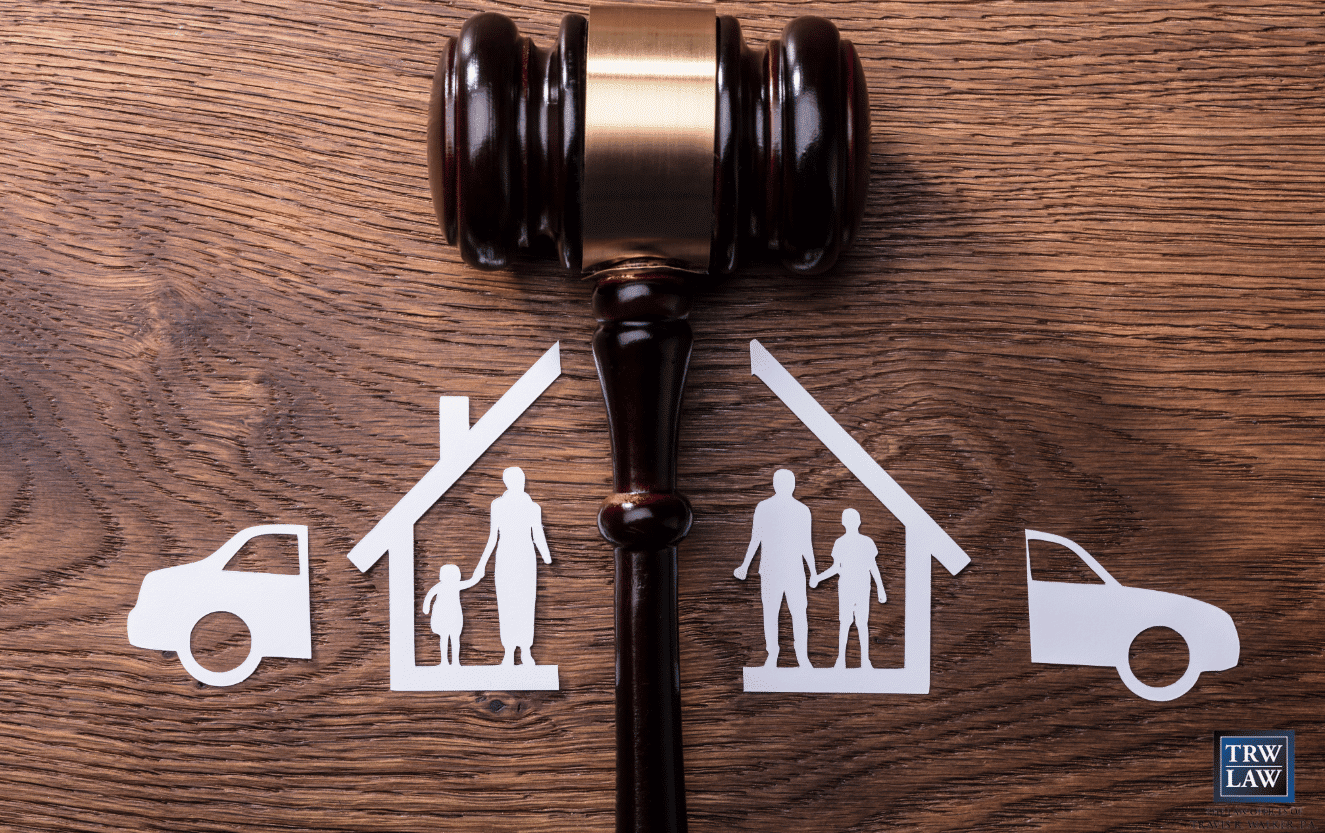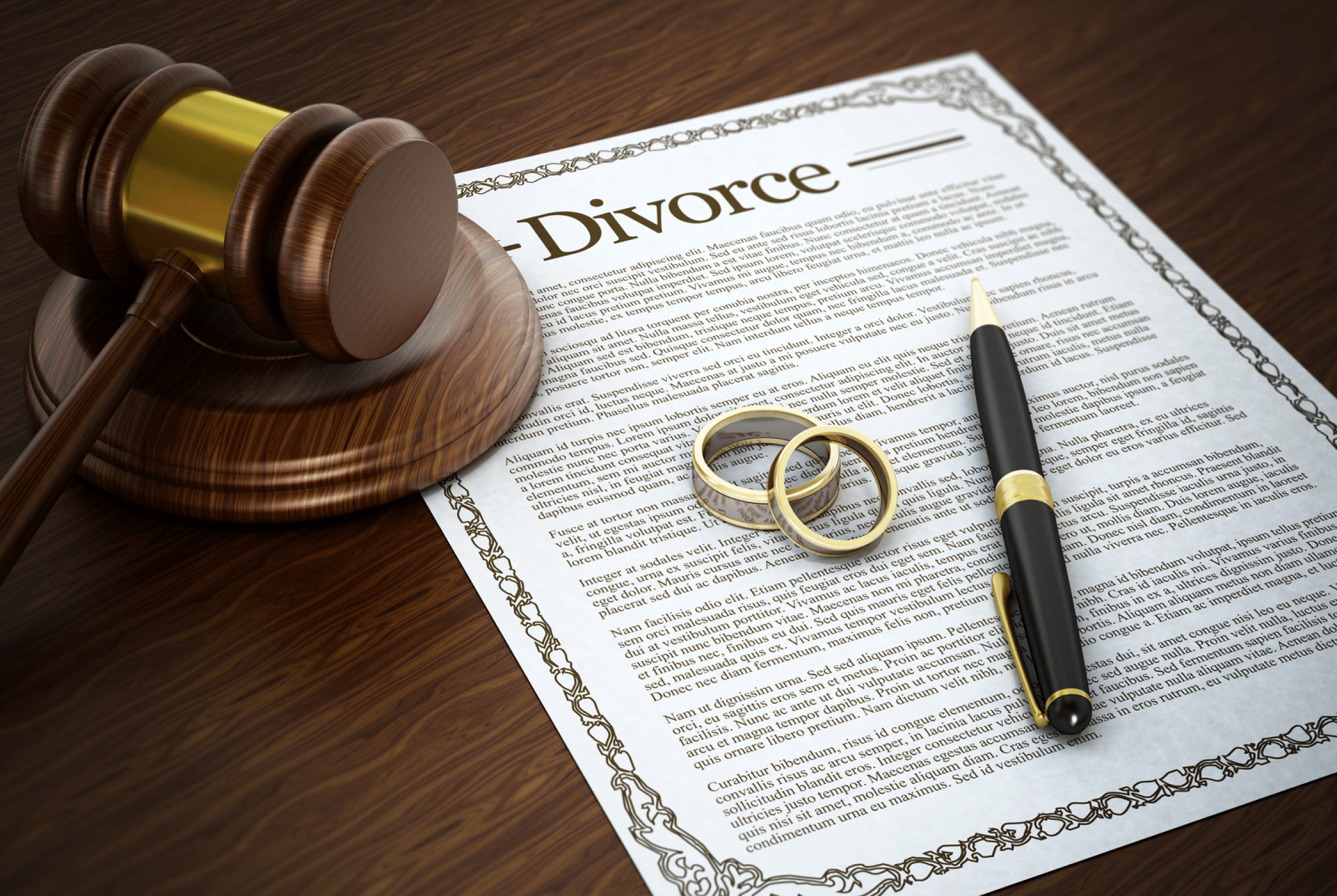It’s a myth that your Florida divorce can’t move forward if you don’t sign divorce papers. Florida is a no-fault divorce state, which means a spouse can file for divorce without the other spouse’s approval. A spouse who no longer wants to be married doesn’t have to prove the other spouse was at fault for the marriage’s breakdown.
If just one party to the marriage petitions the court asserting that the marriage is irretrievably broken, the divorce proceedings will proceed. If you don’t sign divorce papers in Florida, your spouse can file a divorce petition with the court. Your further refusal to respond to legal documents or participate in the proceedings could ultimately result in a default divorce.
This puts you at a disadvantage because you cannot weigh in on issues related to assets, finances, and child-rearing. If you’re facing a divorce you don’t want, you need to contact a Florida divorce lawyer to learn about your options and protect your interests moving forward.
What Happens When You File Divorce Papers in Florida?
When one spouse petitions the court to end a marriage in Florida, the petition includes terms that they are asking the court to grant on issues, such as:
Contested Divorce
When a divorce petition is filed, the other spouse can respond and present their terms. When this occurs, the terms are said to be contested. Attorneys for each spouse work with their clients to negotiate the divorce settlement. Both parties can help set the terms in a contested divorce.
Uncontested Divorce
Sometimes spouses already agree on the terms of their divorce, especially when the marriage doesn’t include children and both parties are financially independent. In that case, the divorce can proceed uncontested. The process for an uncontested divorce in Florida generally moves more quickly since there are no terms to negotiate.
Default Divorce
After a Petition for Dissolution of Marriage has been filed, the respondent has up to 20 days to answer. When the other spouse refuses to respond, the process still continues without their participation. If the responding spouse doesn’t act during the 20 days, the petitioner may file a motion with the court for a default judgment in their favor.
This disadvantages the non-responding spouse because they forfeit their right to argue or contest any divorce terms. This includes decisions about the equitable distribution of assets and debt, alimony, child custody, and child support. If the judge grants a default judgment, those issues could be decided as laid out in the divorce petition.
Unless there aren’t any children, assets, or debt from the marriage, it’s wise to respond to the divorce complaint so that you can voice your opinion about the following:
- How to divide marital property, including residential property, household possessions, monetary assets, vehicles, retirement accounts, and other shared property
- Child custody matters, such as visitation, shared custody, residency issues, educational matters, and other parenting decisions
- Spousal and child support
How Can a Florida Divorce Attorney Help?
There are several steps required to petition for divorce in Florida. If you are facing an unwanted divorce or your spouse refuses to sign divorce papers, you need someone who knows Florida law. A divorce attorney at The Law Offices of Travis R. Walker, P.A., will protect your interests. Contact our legal team today to speak with one of our experienced lawyers and learn about the best options for your situation.
How Long Does a Divorce Take in Florida?
How long a divorce will take in Florida depends on what type of divorce you’re seeking. A contested divorce is usually a longer process because both parties must reach an agreement or go before the court to have a judge issue a ruling. On the other hand, an uncontested divorce can take as little as a month to be finalized.
A default divorce involving children and other financial obligations takes longer than a simple or uncontested divorce with no children. The court must review the proposed parenting plan, division of assets, and calculated child support and alimony before granting the divorce. This can take several months to complete.
What Can I Do if I Don't Want a Divorce in Florida?
You may be feeling many emotions about receiving divorce papers from your spouse. Whether you are concerned about your children, don’t want to divorce due to religious beliefs, are worried about the financial implications, or simply want to stay married, all your feelings are valid. Unfortunately, you can’t prevent a divorce from going forward in Florida if your spouse files for one.
However, you may have some options to delay the divorce if you believe you can reconcile with your spouse.
Petition the Court for Counseling
Your attorney can file a counterclaim in response to a divorce petition. A court sometimes orders up to three months of counseling before allowing the divorce to proceed. Counseling gives you and your spouse time to work toward possible reconciliation before permanently dissolving the marriage. This is more common when there are minor children involved. Keep in mind that counseling can delay a divorce, but it won’t stop one from going forward if one spouse still decides to proceed.
File a Postnuptial or Separation Agreement
You may not be ready to take the permanent step of dissolving your marriage. If your spouse abandoned you and your minor children, or if you both agree to separate, you can file a separation or postnuptial agreement. These options allow you to petition the court for child support, custody, alimony, and a fair division of property and debt without the finality of a divorce. A postnuptial agreement is sometimes used when one spouse must stay married for insurance or financial reasons.
Contest the Divorce Petition
While contesting your divorce will not stop it from happening, you will at least have your say about the terms. It’s in your best interests to hire a family law attorney to assist you. Your attorney can file a petition on your behalf, arguing against the terms proposed in the initial filing. Additionally, your lawyer can request terms that are more favorable to you.
A contested divorce in Florida is either settled by mutual agreement of the spouses or in a courtroom by a judge. To maintain as much civility as possible, your attorney may recommend mediation. Mediation saves time, money, and emotional stress. During mediation, a neutral third-party mediator will help you and your spouse craft a mutually agreeable plan to proceed with the divorce.
Don’t Go It Alone - Get Our Help
Divorce is painful regardless of the circumstances. Whether a spouse refuses to sign divorce papers to delay the proceedings, lash out in anger, or pursue reconciliation, it’s frustrating when the other spouse wishes to move forward. If you have questions about the divorce laws in Florida or your rights when petitioning for or responding to divorce, the team at Travis Walker Law can help.
Our compassionate and knowledgeable attorneys will handle your case with the understanding you need at one of the most difficult moments of your life.
Contact the experienced team of family law attorneys at Travis Walker Law today. Serving Florida’s Treasure Coast, we handle divorce, guardianship, and family law matters in Stuart and the surrounding areas, including Martin, Indian River, and St. Lucie counties.













